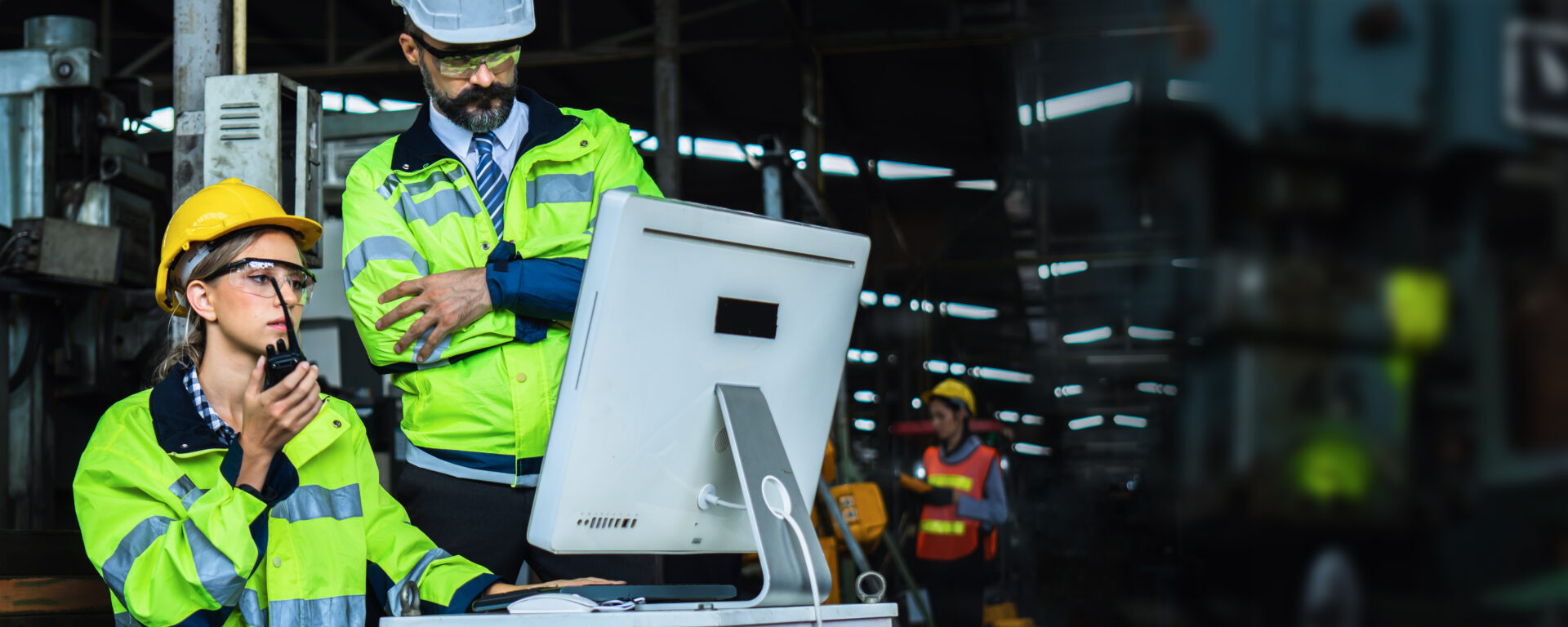For the past few years, digitalisation has been redefining industries the world over and construction is no exception. Due to the demonstrable advantages including increased productivity and cost efficiencies, several sectors have been adopting digitalisation at a fast rate. But what exactly does digitalisation mean for the construction business?
There’s increasing realisation in the construction industry that the traditional methods can be significantly improved. Digital technologies can help the sector solve several problems, improve margins, and be competitive. To better understand it, let’s define the concept first.
What is digitalisation in construction?
Digitalisation refers to the application of technologies to optimise all stages of construction. It automates administrative chores, reduces wastage, and helps businesses achieve more with less. Technology can help in everything from planning, pre-construction, building, production, and budgeting to people management.
Digital tools bring transparency to construction. This leads to better management and continuous improvements. With digital technologies, managers and other stakeholders can also remotely manage and give feedback to their teams. This is good news for a world that’s increasingly going remote or hybrid.
The three aspects of digitalisation in construction
If you’re considering adopting new digital solutions in your construction business, it would be helpful to know the three ways in which technology integration is happening in the industry.
1/ Digitisation of documents
Converting paper documents into digital documents is one of the first steps in digitalisation. Everything from construction drawings to building issues can be digitally saved, which will save cost and effort. When saved in a central database, or, even better, in the cloud, everyone can easily access it to give their inputs.
Construction companies can easily share these digital documents both internally and with their clients. Whether through email or messaging platforms, digitisation makes it easy for everyone to give their feedback, which will optimise and speed up the process.
2/ Optimisation of business processes
Once digitisation is complete and becomes part of the standard operating procedure, the next step is to optimise business processes. Digitalisation can bring in information from different sources including photos, drones, construction drawings, field reports, and data.
Importantly, all this data doesn’t have to be manually processed. Artificial intelligence can quickly and accurately analyse it and come up with valuable insights that can be shared in real-time. This will quickly reveal opportunities and challenges, which can be addressed.
3/ Digital transformation of the business model
Digitalisation can also help construction companies evolve their business models. By standardising processes, it can help significantly improve productivity in marketing, client acquisition, customer experiences, and vendor management.
Construction firms can make use of marketplaces to gain insights and acquire clients. Digitalisation will help companies expand their product portfolio from construction to consultancy. It will also make it possible for companies with various specialisations to collaborate and improve their services.
In short
Digitalisation has the potential to profoundly change the field of construction. By utilising data management, construction companies can continuously improve their products, become more competitive, and increase revenue.
